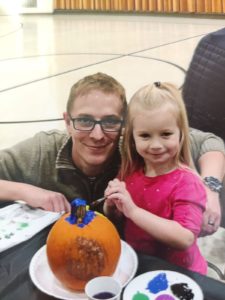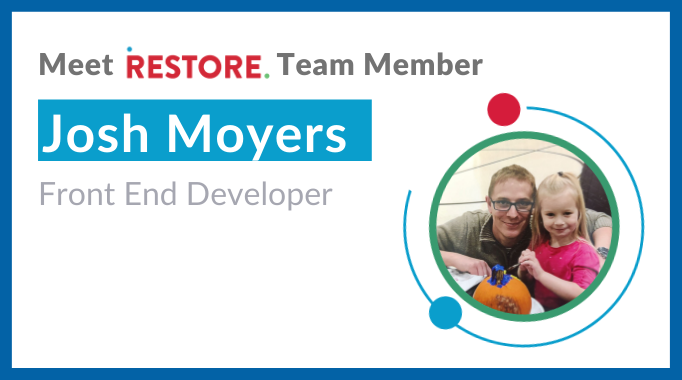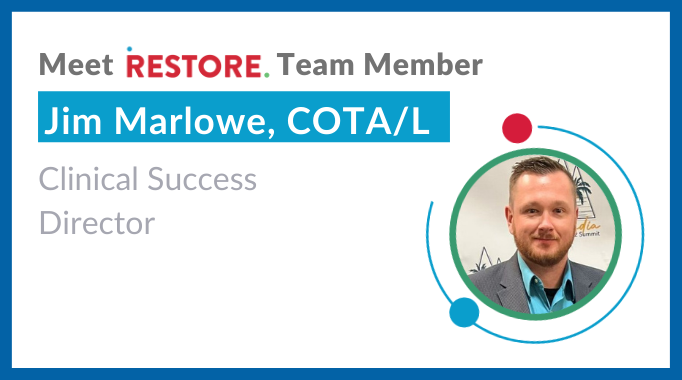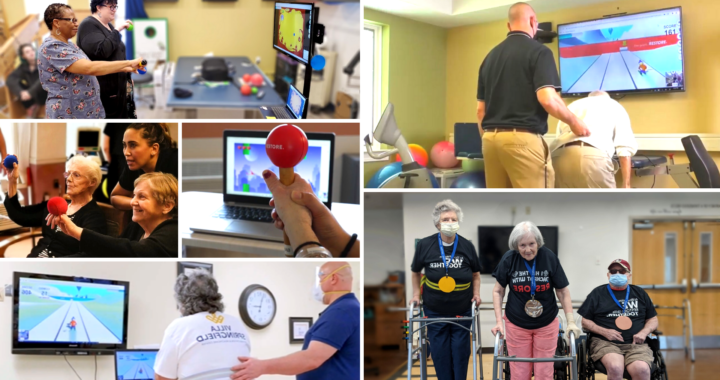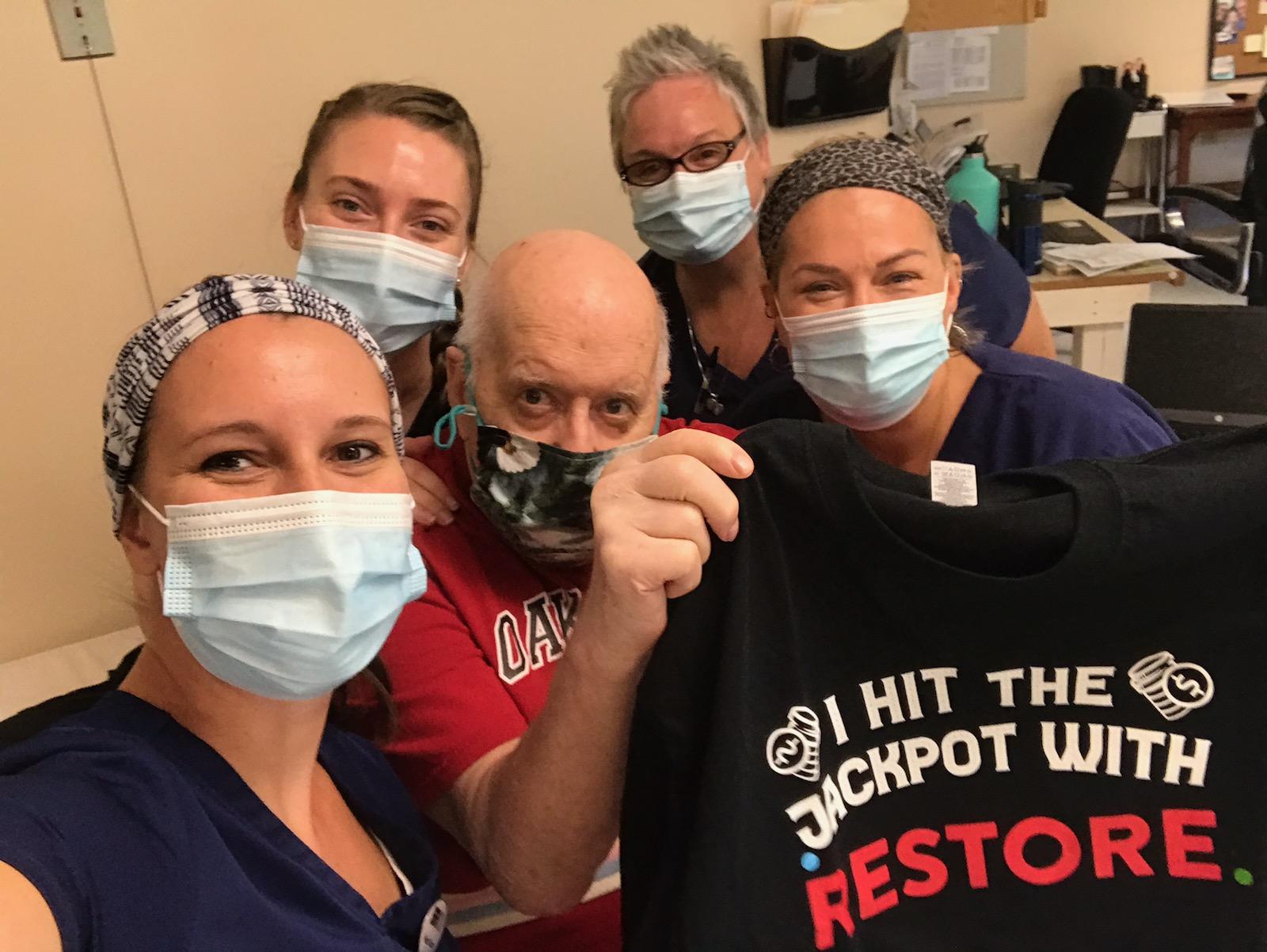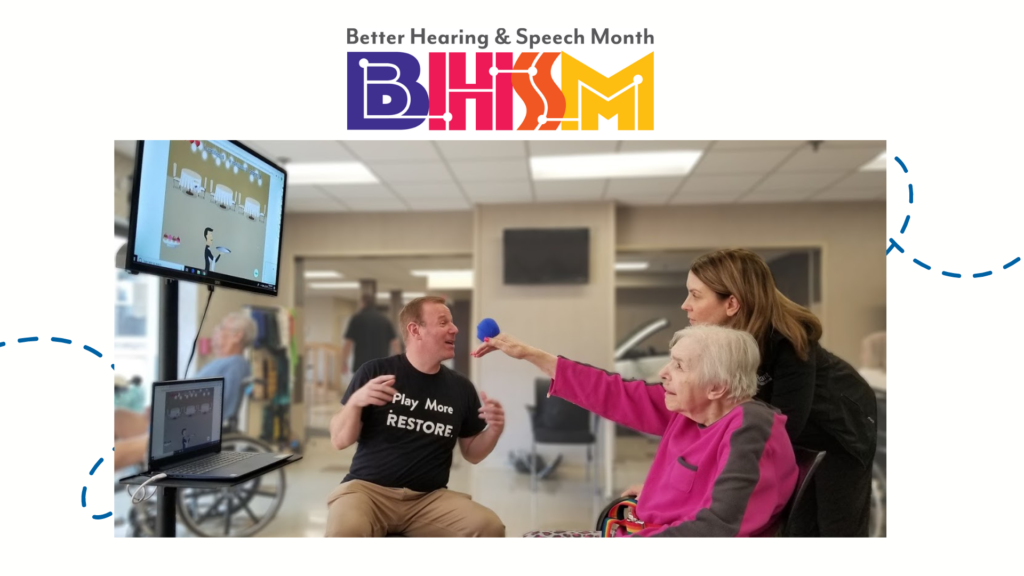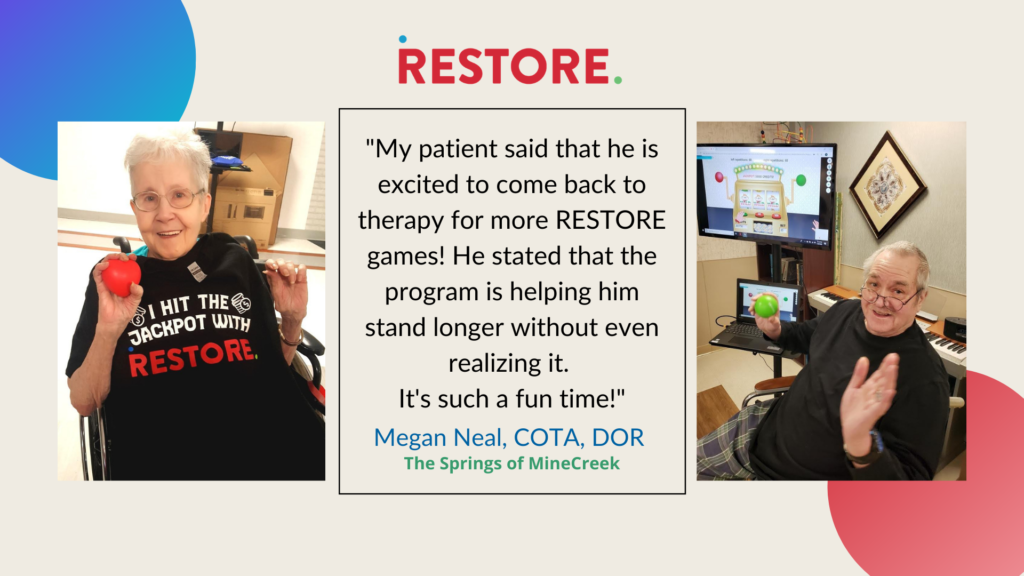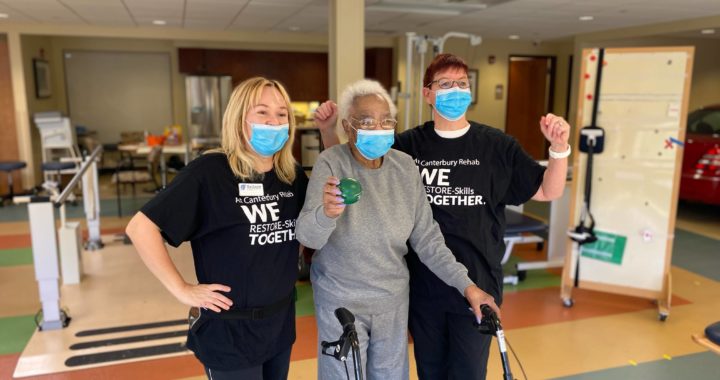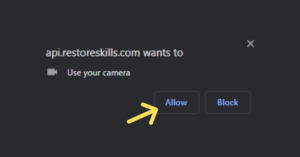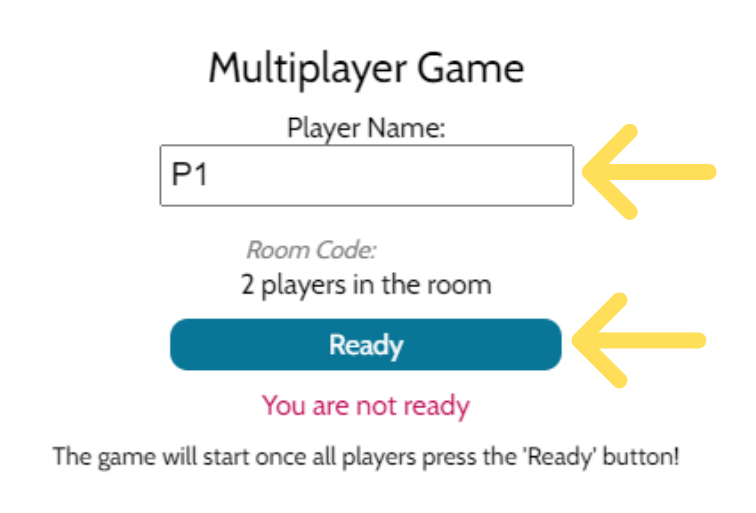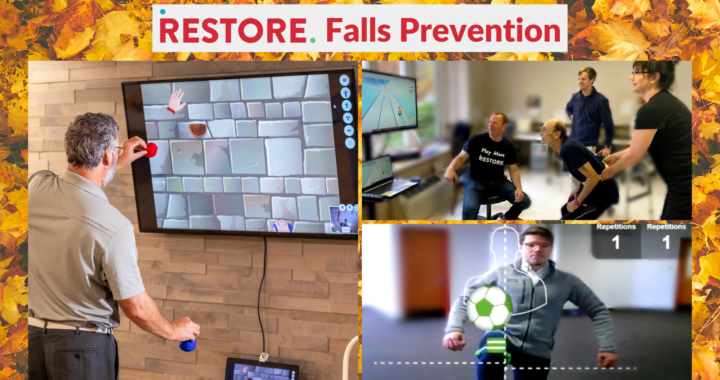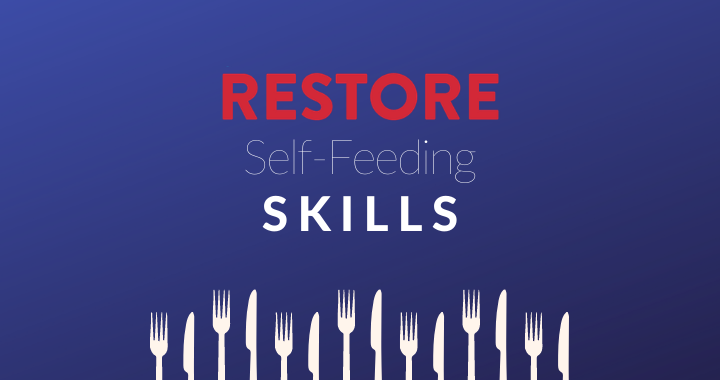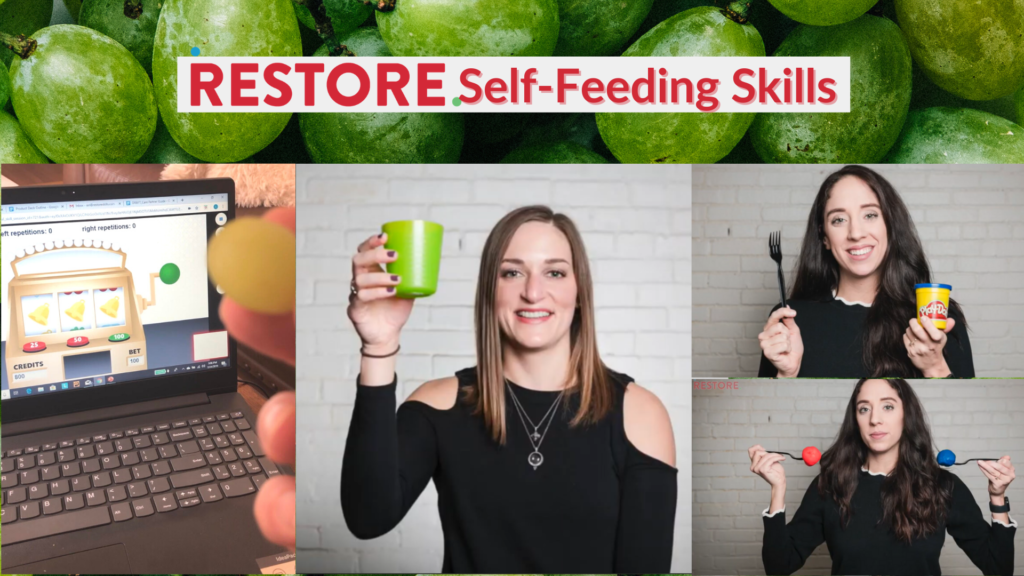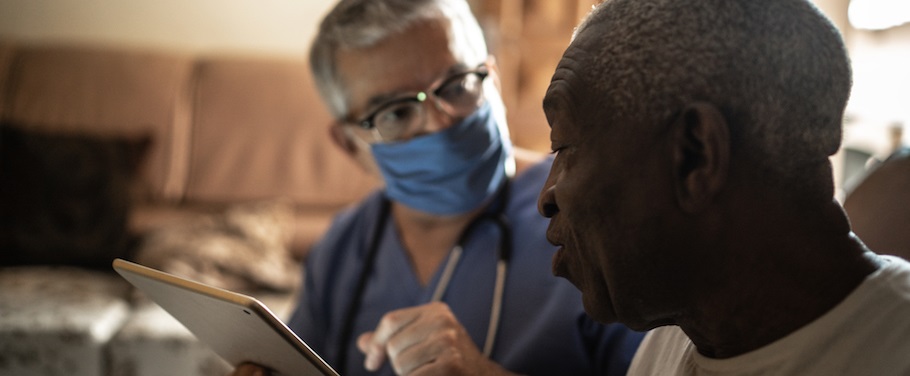Standard in every skilled nursing therapist’s day is dealing with patients’ refusal of therapy. A typical SNF therapist averages 1-2 refusals of treatment each day. That can be 15-20 percent of a therapist’s day that’s canceled!
Of all those therapy refusals, most are legitimate. But among them, there are some SNF patients who could be motivated to get up and exercise.
Often, a motivated therapist can cajole a patient to join the scheduled therapy session. But many times, it’s simply easier for a busy therapist to let a tired or distracted patient skip a session.
And now with PDPM, where SNFs are no longer reimbursed for therapy minutes, therapists have even less motivation to counter patients’ refusals than they once did under the RUG-IV payment plan with CMS.
However, therapy is the key reason patients enter a skilled nursing rehab center, and its centrality to patient care is unquestionably essential. Skilled nursing therapy is key to the healing process and to slowing the physical and mental decline of aging patients.
PDPM means therapists and SNFs are focused more on quality than quantity, but that still means that a patient who is prescribed any number of weekly therapy sessions absolutely needs to access those sessions in order to achieve the best outcome.
The responsibility lies on the therapist to make sure refusals don’t stand in the way of accessing therapy.
3 underlying reasons skilled nursing patients refuse therapy
Patients will have a whole host of reasons for refusing therapy, and most of them are absolutely legitimate. It’s up to you as a therapist to consider how the patient is responding and determine the source of the refusal. This way, you can determine if the reason is something you can work around or if it’s a sign of a bigger issue. And sometimes, refusals just might mean that you have work to do to make therapy sessions more worthwhile.
Reason #1: Patient isn’t feeling well
Patients may be adjusting to a new medication, still healing from a recent procedure or have any number of clinical challenges that can make therapy more difficult. Speak to interdisciplinary team members to see if they have also received concerns and what subsequent actions have been taken
Reason #2: Patient has concerns outside of their control
Skilled nursing care has to be integrative for therapists to successfully treat patients. This means letting the care team know when a patient doesn’t get enough sleep because of a loud roommate or a patient didn’t eat because the food got too cold. Be an advocate for the patient if action has not been taken to address concerns/complaints.
Reason #3: Patient is apathetic
Sometimes patients will refuse therapy without a specific reason. Statements like “Maybe tomorrow?” or “I don’t want to do it today” can mean that the patient isn’t seeing the value of the therapy sessions.
Reassess your approach to skilled nursing therapy for apathetic patients
If you are unable to identify the source of why your patient is refusing care, it’s time to ask yourself some hard questions.
We as therapists are taught the therapeutic use of self approach. This means we use all our faculties to meet our patients where they are, with empathy, and bring them to where we want them to be for the session. We use our creativity, attitude, and effort to make patients feel positive, motivated, encouraged, and successful. This is how we gain their trust and ensure they feel empowered.
7 questions therapists should ask when facing refusals
- Are you offering a care approach that has meaning to the patient?
- Are you offering a care approach in which the patient believes they have the opportunity to experience success?
- Can you grade your approach to gain trust and agreement?
- Are you conveying enthusiasm and excitement in your approach or are you going through the motions and thinking about the end of the day?
- What is your strategy to motivate?
- Can you modify the environment to one that will promote a more successful experience?
- Can you modify the intended activity based on the fluctuating physical and cognitive ability output of your patient?

